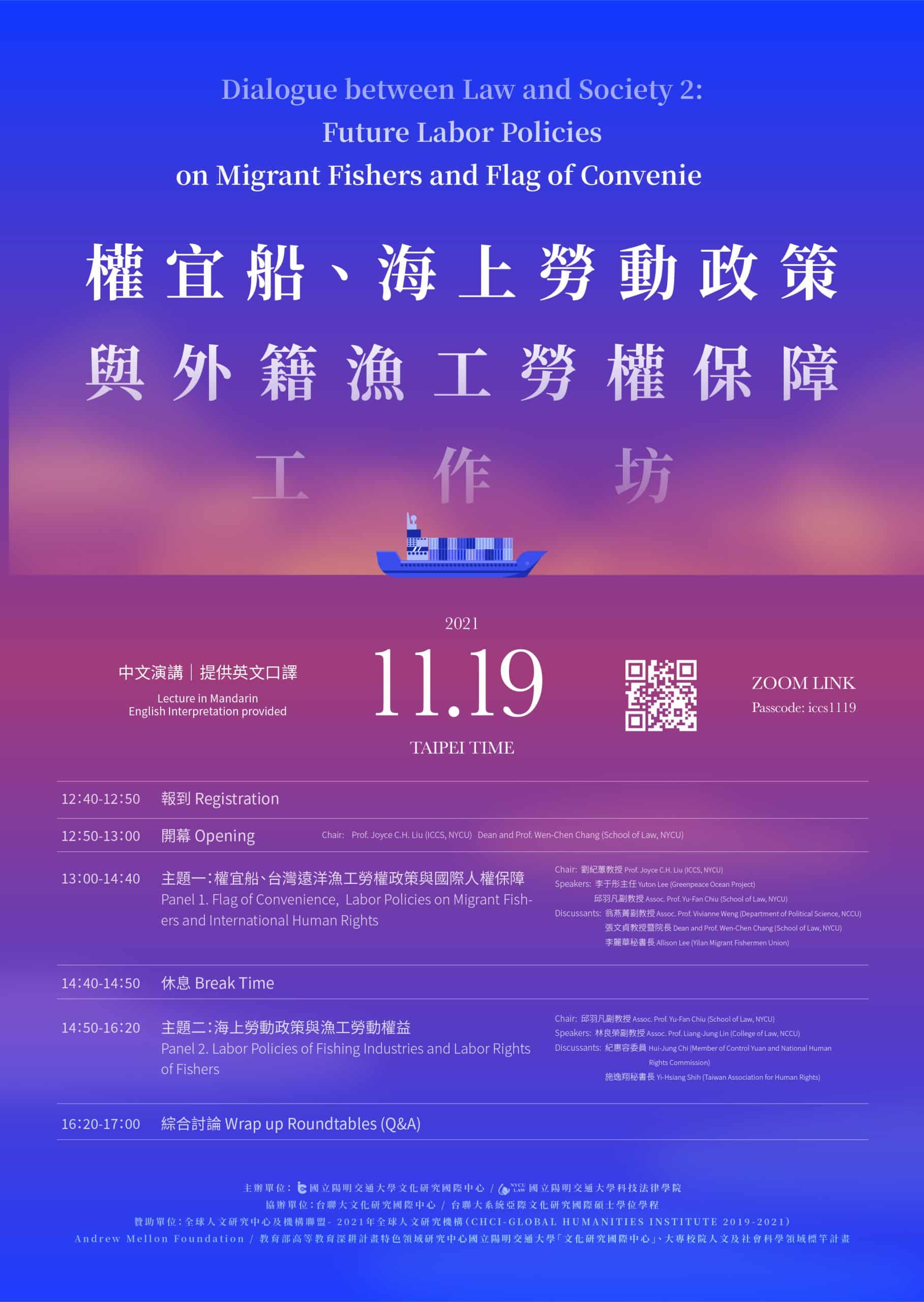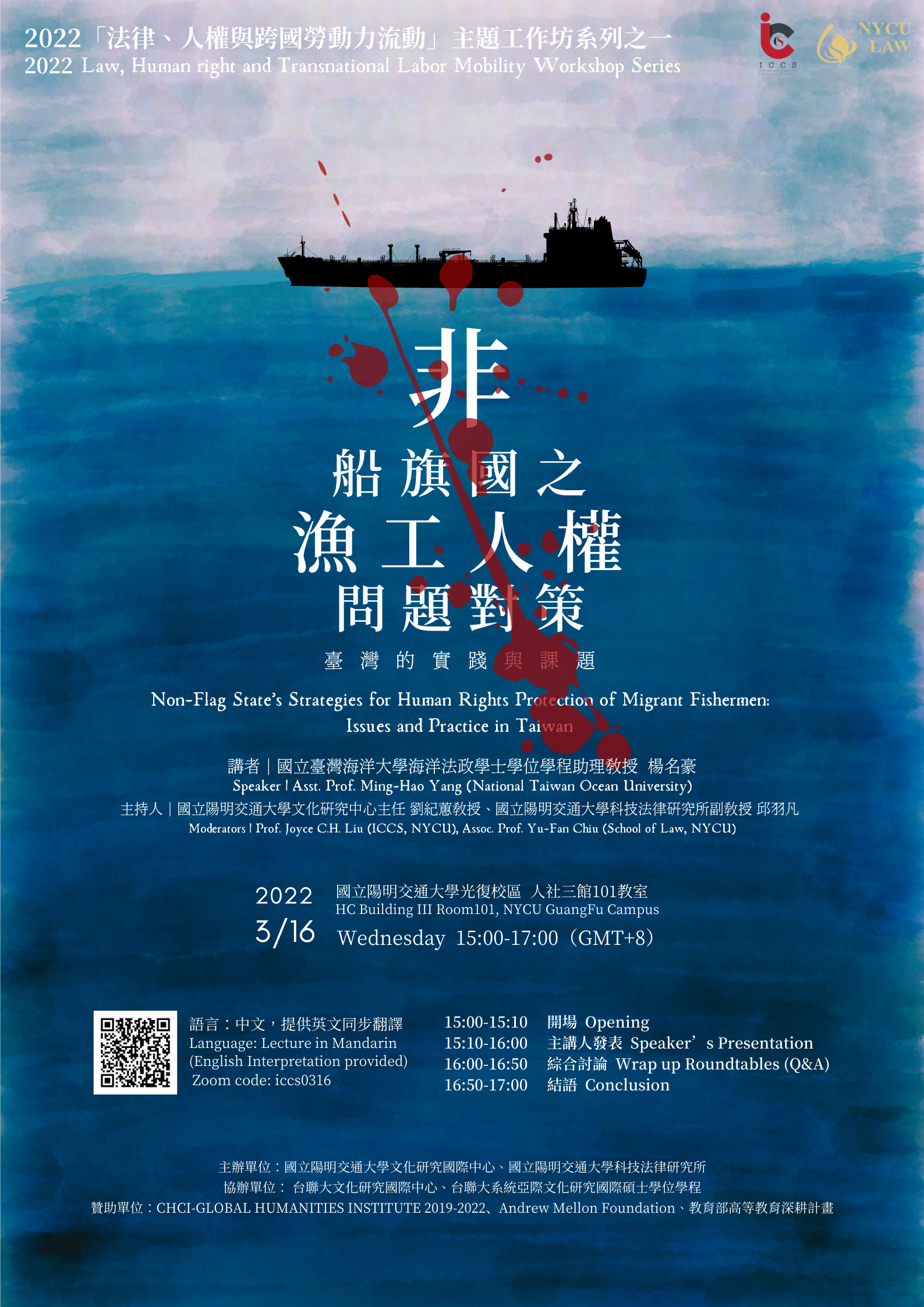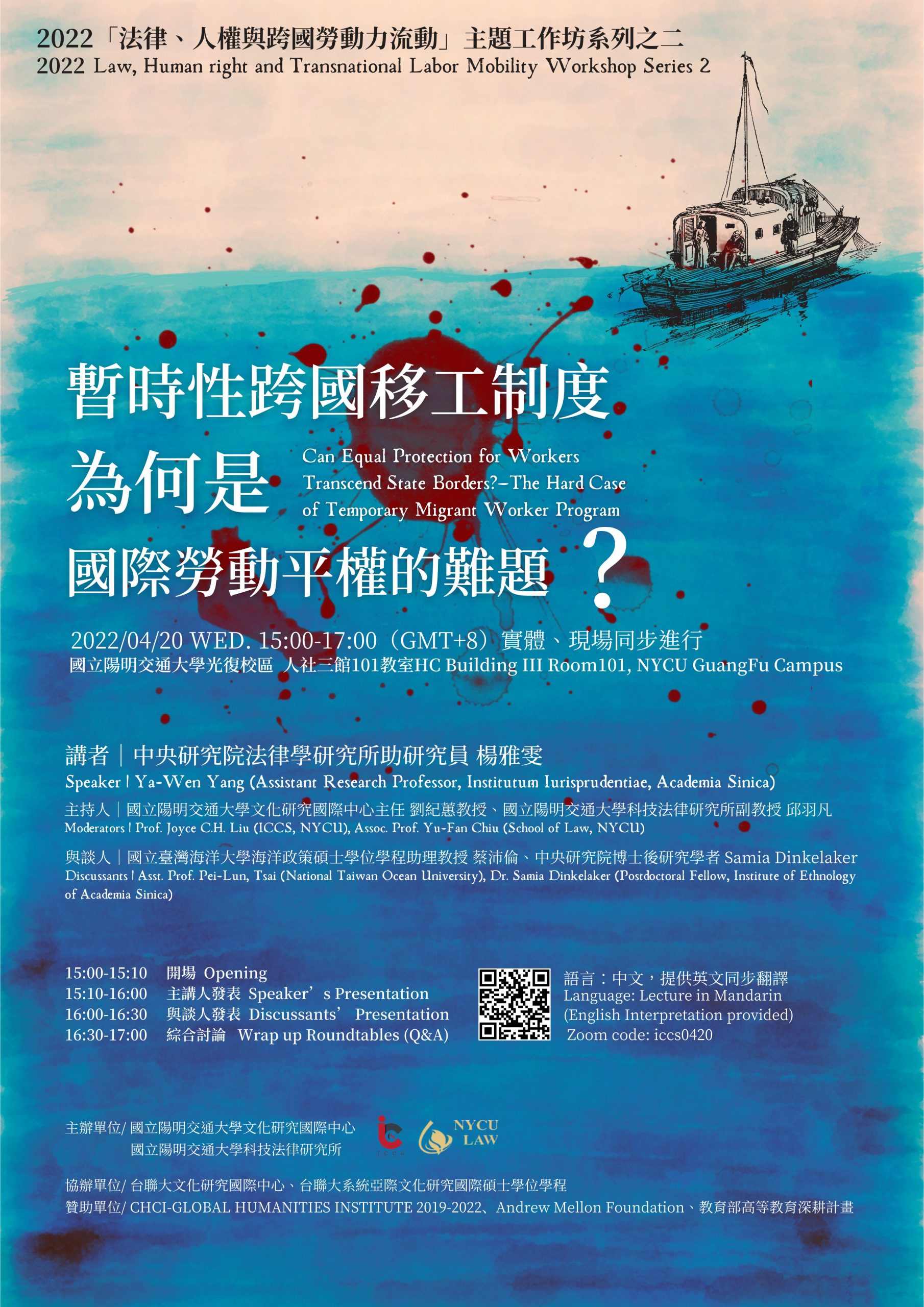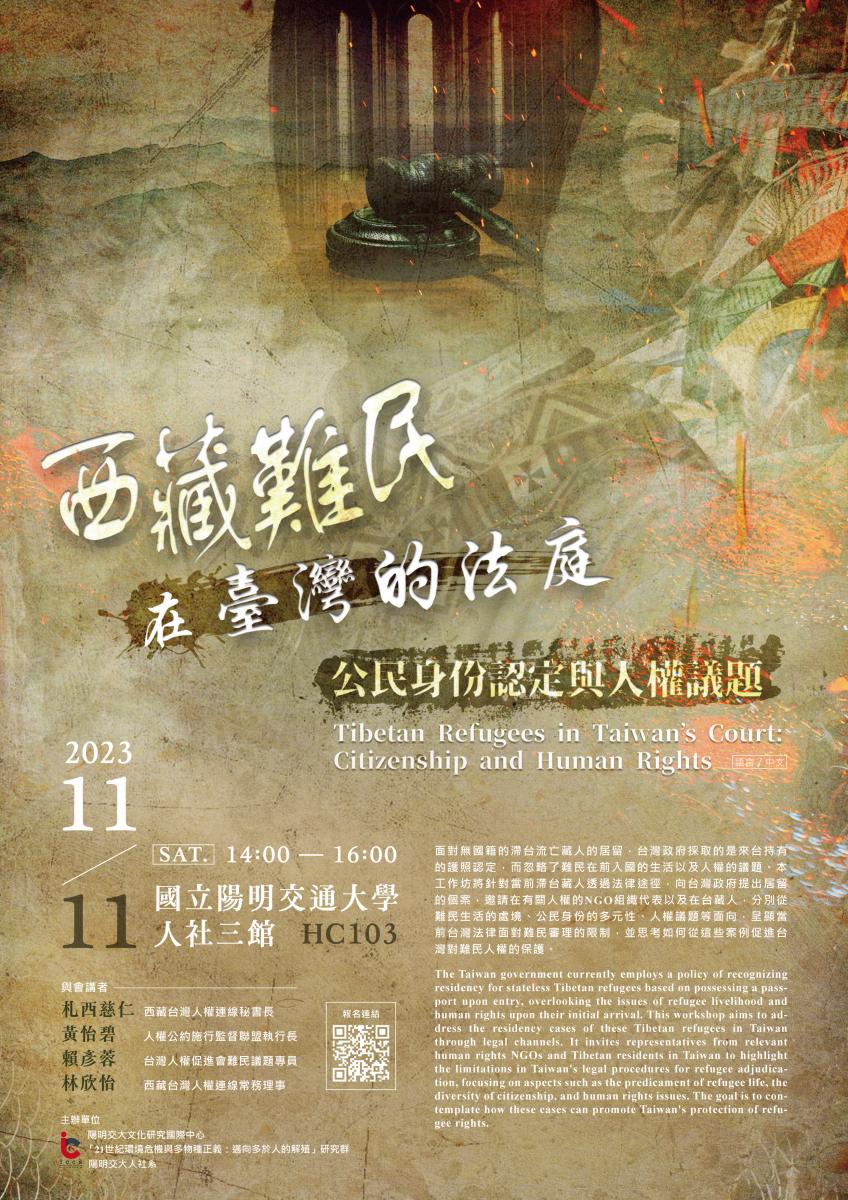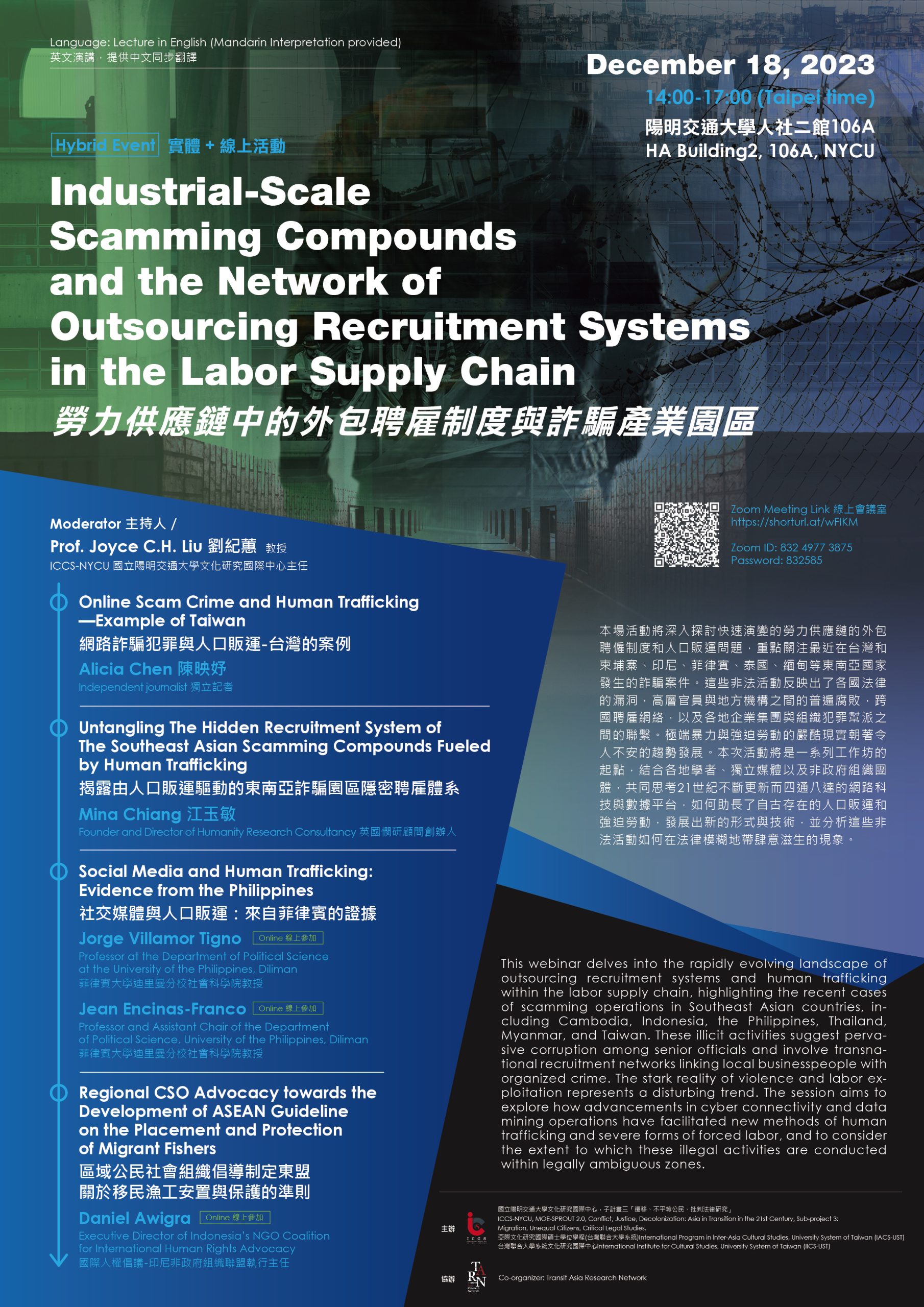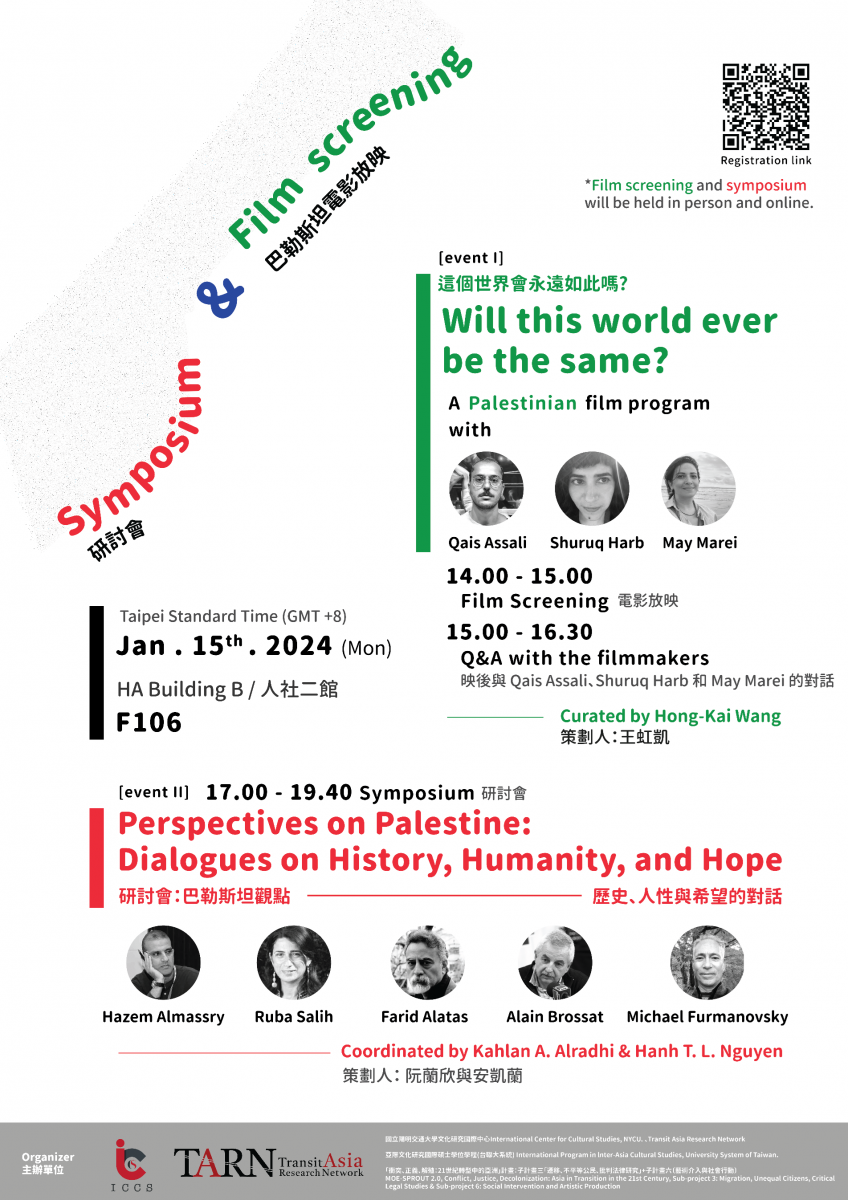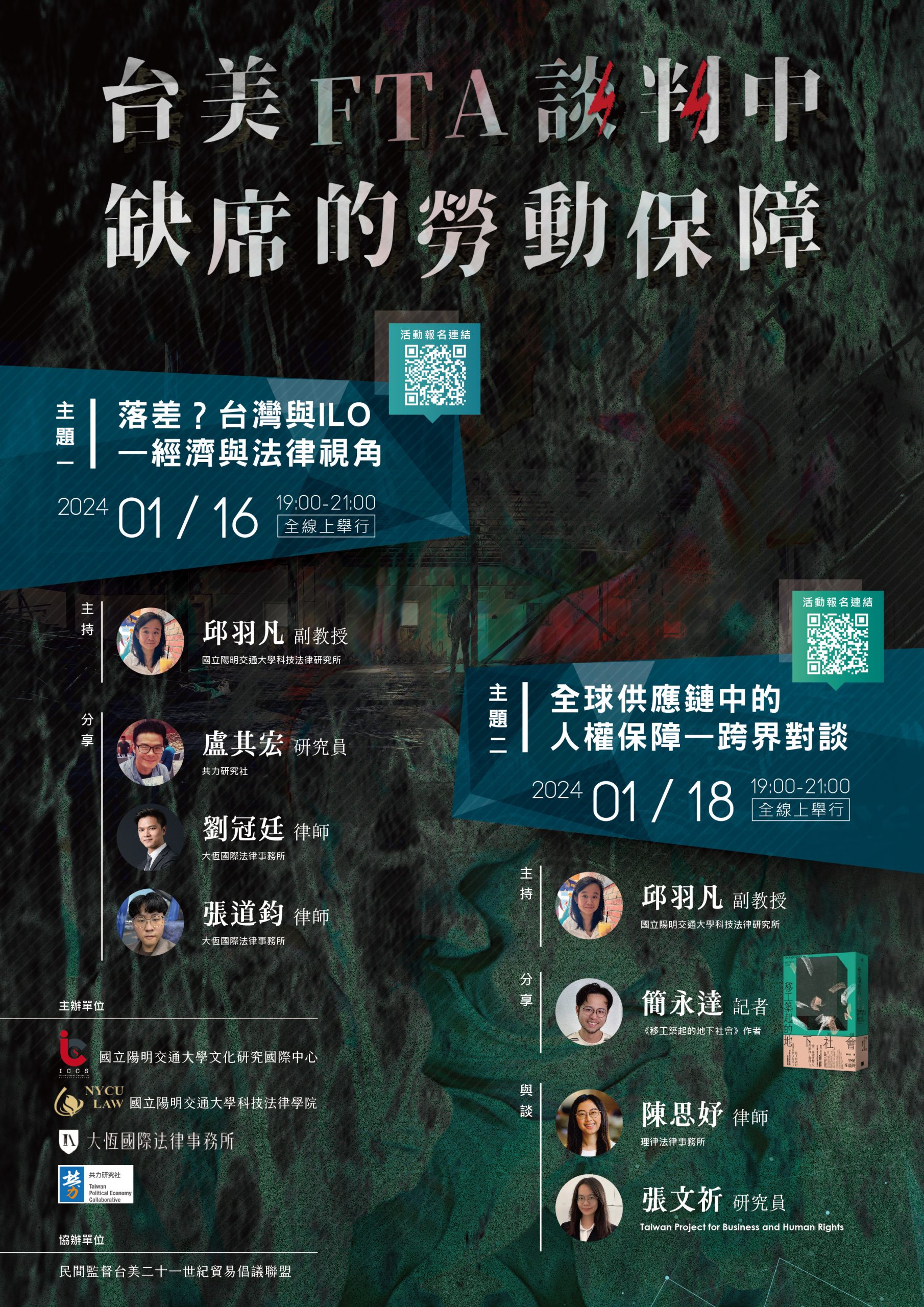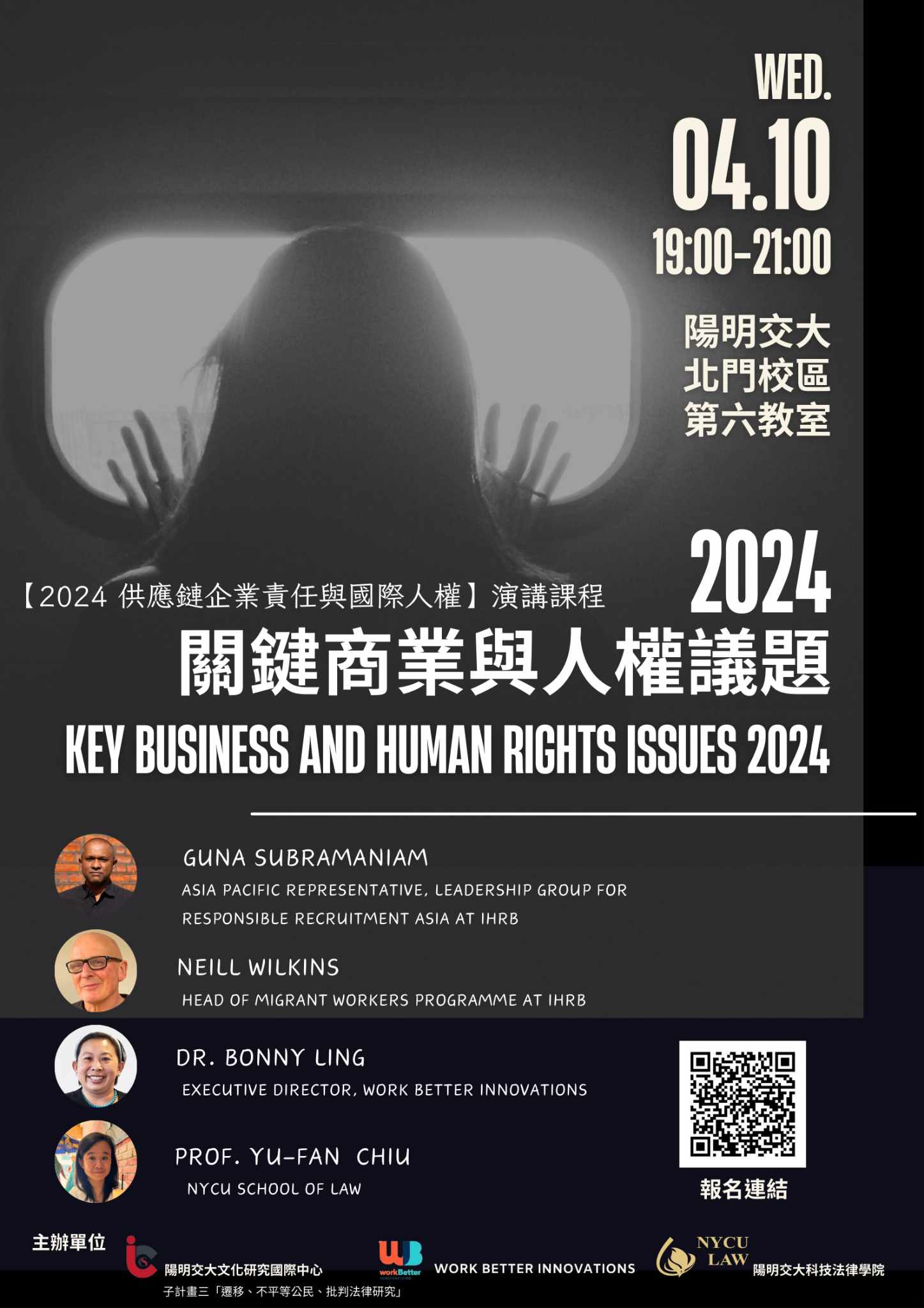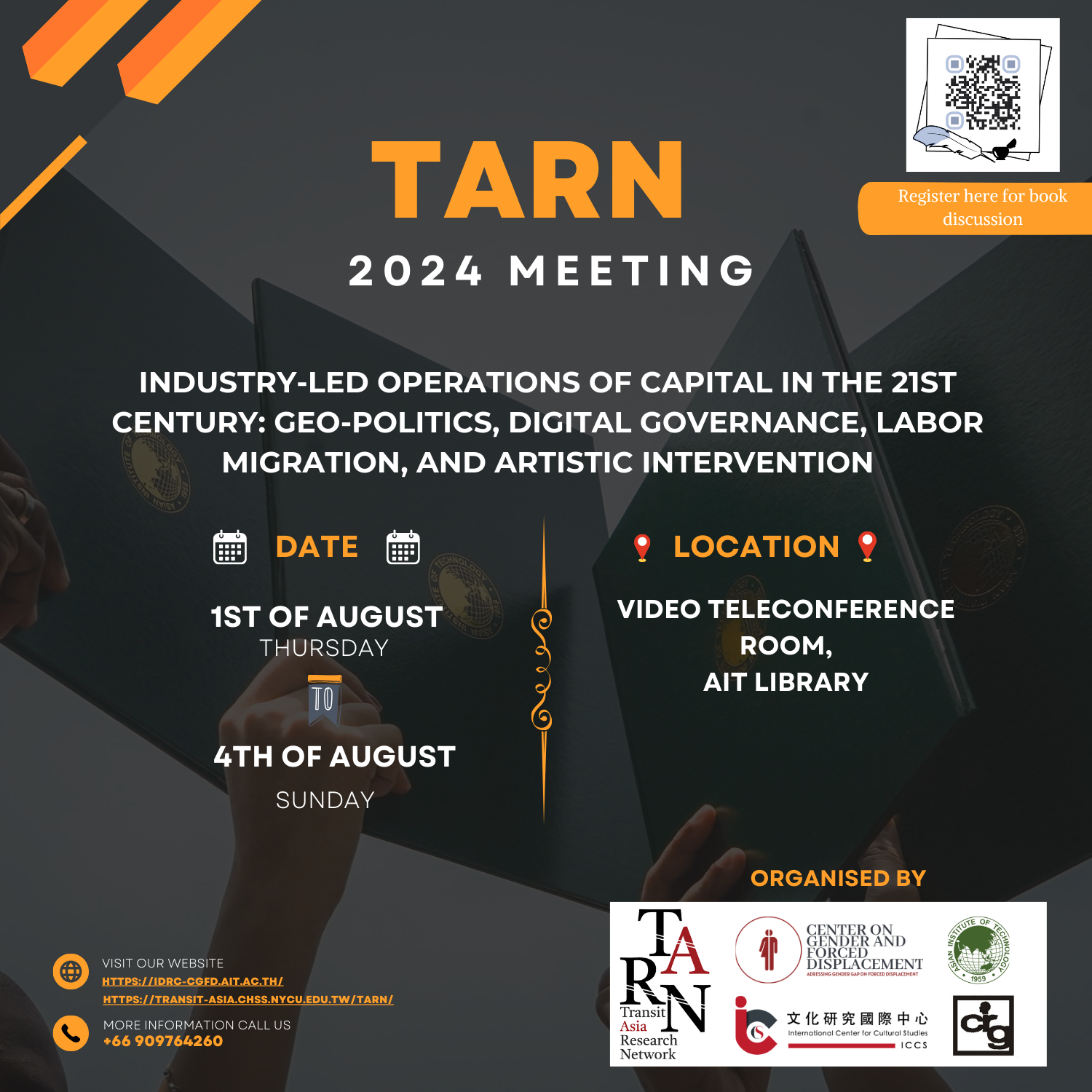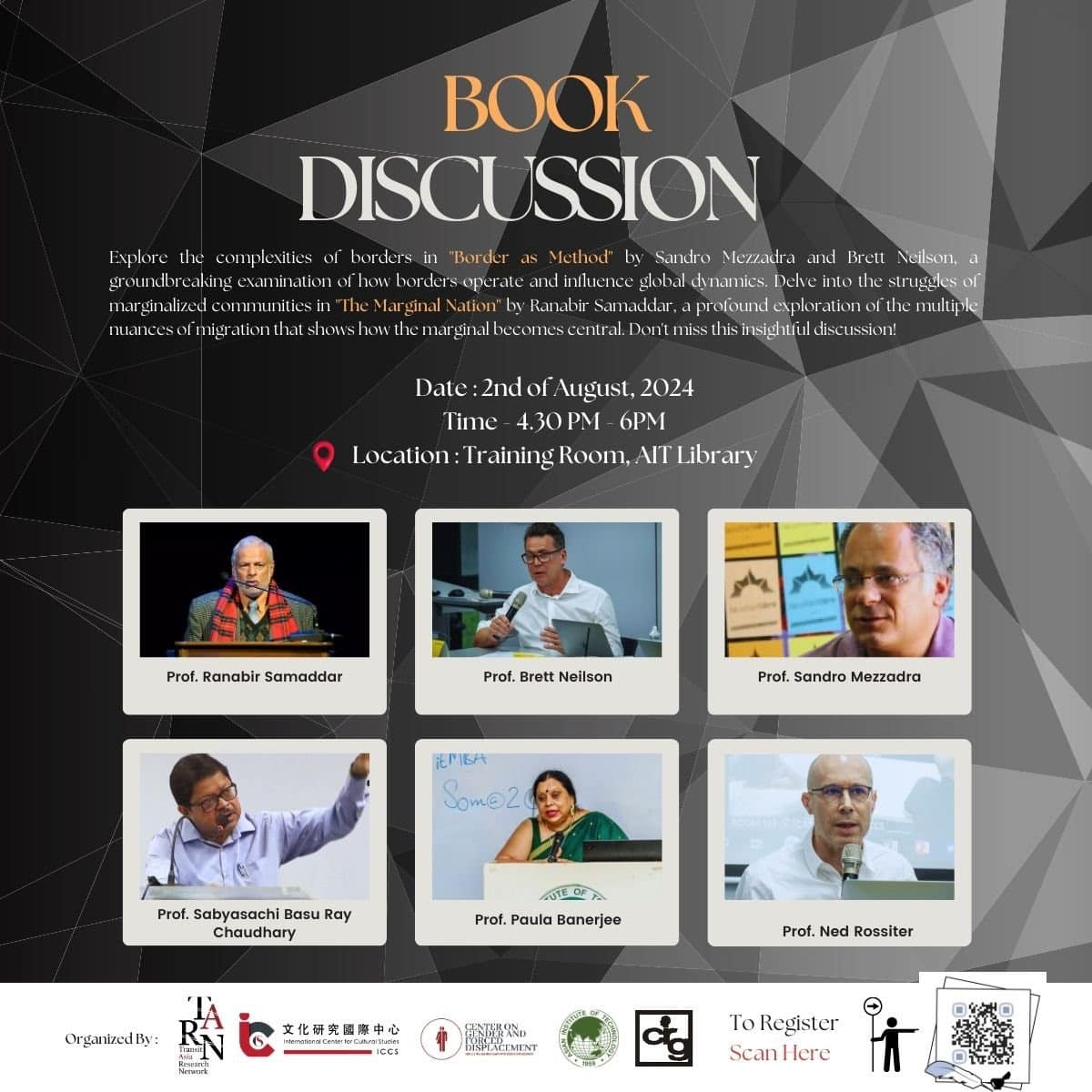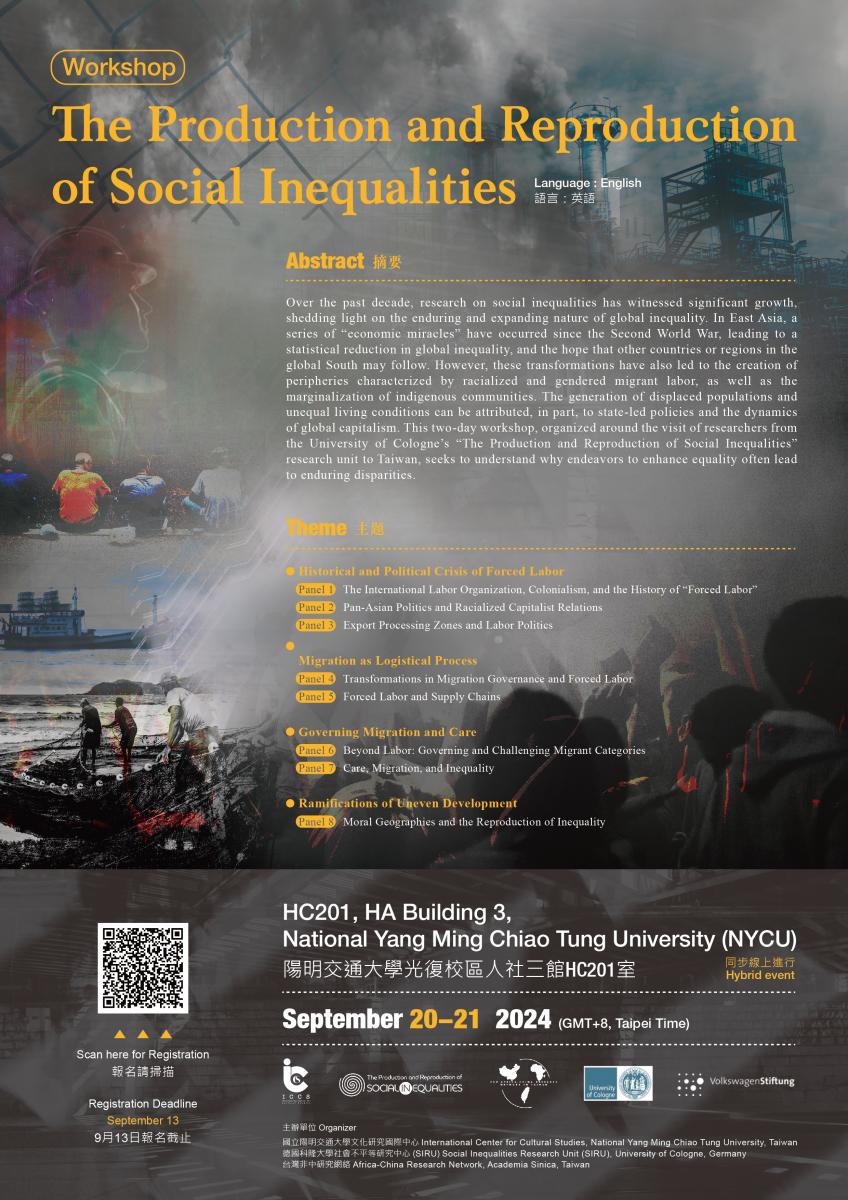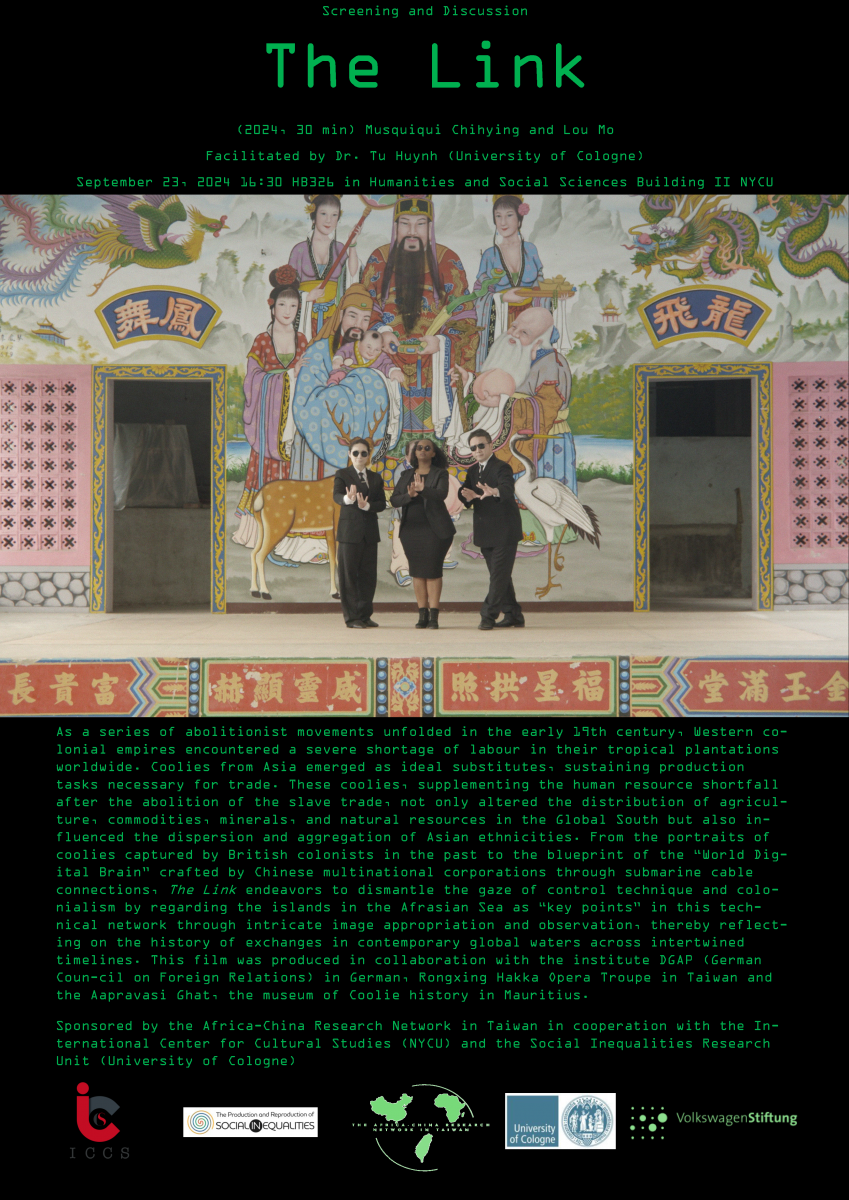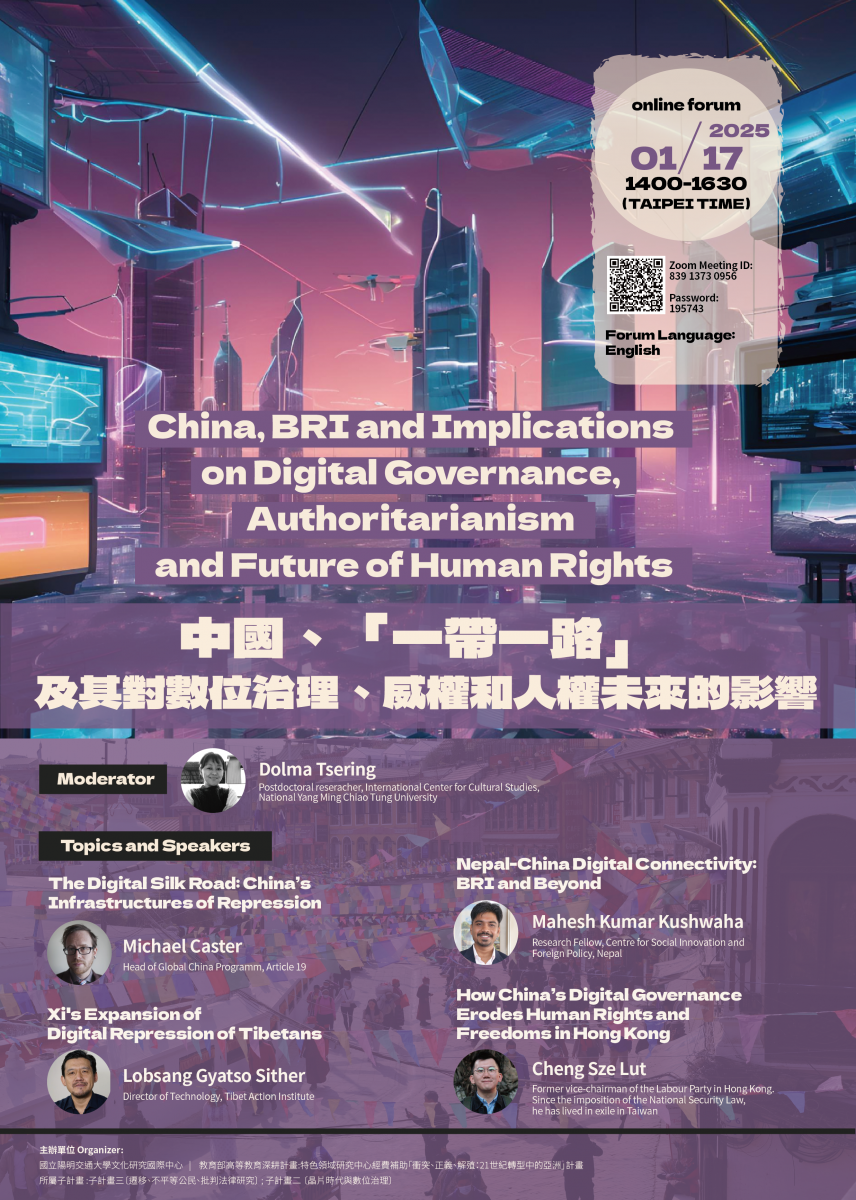“There is no flag large enough to cover the shame of killing innocent people.” – Howard Zin
This symposium, "Perspectives on Palestine: Dialogues on History, Humanity, and Hope", dives into the urgent examination of the dire political and humanitarian situation in Palestine, particularly surrounding the Israeli military assault on the Gaza Strip that unfolded subsequent to the "Al-Aqsa" operation conducted by Hamas on October 7, 2023.
The bombardment unleashed by Israel through land, air, and sea has ruthlessly targeted Gaza's population, inflicting catastrophic consequences with approximately 22,000 casualties, up to January 2nd, 2024, predominantly among women and children. Alarming estimates from UNRWA indicate that a million people have been displaced, precipitating a collapse in the health sector and giving rise to an unprecedented humanitarian catastrophe. In the face of such devastation, we cannot turn a blind eye to the human toll on innocent lives.
We strive to foster an unwavering sense of empathy, kindle the flames of compassion, and instill a genuine desire for the well-being of every individual ensnared by the ongoing situation. Together, let us confront the harsh realities and pave the way for a future where hope triumphs over despair.

